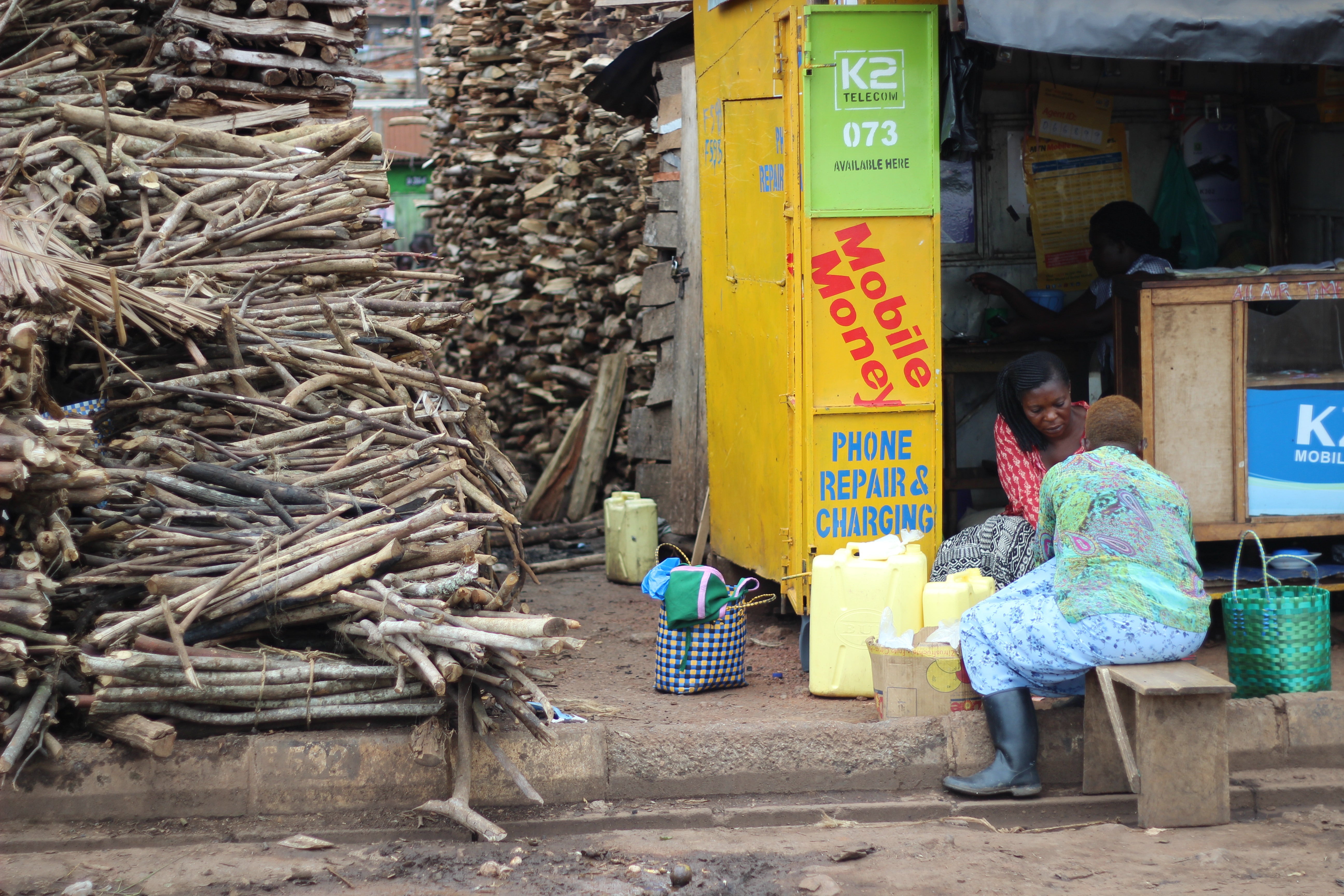Beginning in the 1980s, microfinance emerged as a way to tackle the myriad challenges of poverty by focusing on financial inclusion. It was recognized that lack of access to basic financial services, such as a small loan, was preventing billions of people from raising their standard of living. As of 2017, 1.7 billion adults globally remain unbanked—down from 2.5 billion in 2011—and women and the poor are persistently the most likely to be excluded. To reinforce the importance of this issue, The World Bank set a goal of achieving universal financial inclusion, noting it is a gateway to ending poverty and boosting shared prosperity.
Poverty and prosperity are of course intertwined with access to basic services
Poverty and prosperity are of course intertwined with access to basic services. In developing countries around the world, the poor are forced to survive without electricity, running water, sewer systems, quality education—the list goes on. In turns out that meaningful access to these and other basic services requires access to finance.
Looking at the issue of energy alone, 1.2 billion people lack electricity. 95 per cent of this group live in sub-Saharan Africa or in the developing economies of Asia. Just over 2.8 billion people burn charcoal, wood, kerosene or dung to prepare meals and heat their homes. This means hours of drudgery gathering fuels and negative ramifications for health and safety. In fact, the World Health Organization notes that indoor air pollution—the result of cooking with traditional fuels—causes four million premature deaths each year. It is no surprise then that a 2011 article in TIME magazine called energy poverty “the worst kind of poverty” and that in 2013 the World Bank said all efforts at economic development would likely fall short should energy poverty go unaddressed.
Governments, INGOs, funders and social enterprises are working together to address this issue. My organization, FINCA International, is one of them. Advancements in solar PV systems and related technologies (like LED bulbs) have created an opportunity for private sector firms to develop innovative energy products for lighting and appliances. These solutions include solar home systems, DC-powered productive use assets and even micro or mini grids. For these innovations to become accessible and improve lives at scale, however, end-user financing is needed.

Women working at a market selling wood alongside operating a mobile phone repair shop in Kampala, Uganda
The pathway to energy access and financial inclusion becomes inextricably linked. By offering access to a solar home system, for example, on credit through pay-as-you-go (PAYG) financing, an otherwise unaffordable product is suddenly within reach for a poor customer. At the same time, PAYG financing allows an unbanked individual to begin to build a credit profile. This then opens the door to more comprehensive financial services at a local microfinance institution with broader credit and savings options. At FINCA, we are engaged in this very activity through a partnership between our social enterprise, BrightLife, and one of our global microfinance subsidiaries, FINCA Uganda. We know that by pairing access to finance with access to energy, the world’s poor can begin to climb both the financial inclusion and energy ladders. Like access to finance, access to energy unlocks productivity, which in turn boosts local economies.
When Thomas Edison invented the lightbulb, he did not simply popularize a light source. He lengthened the productive day, paved the way for life-enhancing appliances, changed how buildings and cities were constructed and so much more. Off-grid solar represents this same unprecedented opportunity to catalyze greater resilience and opportunity for the world’s poor. Pairing access to finance with access to energy can help more than a billion people raise their standard of living, banish poverty to the past and no longer be counted among the unbanked.




